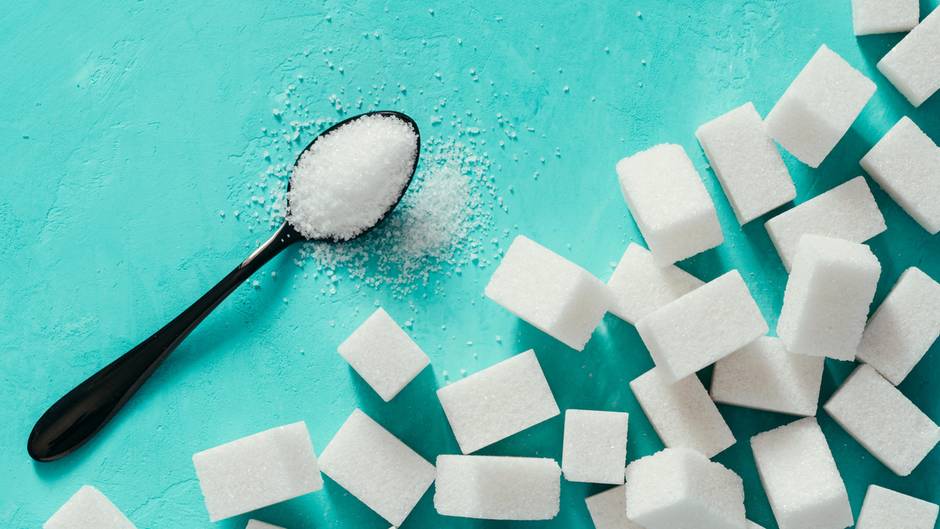Fructose can intestinal tumors in mice grow faster
In the science of soft drinks such as Cola or fruit-lemonade, a bad reputation. Worldwide, they are suspected to favor metabolic diseases such as Diabetes or Obesity, at least. US researchers in a new study now whether the consumption of Fructose-containing corn syrup (HFCS), especially in the United States, a popular sweetener, the growth of the gut affected polyps. Their results are now published in the print edition of the science magazine “Science”.
Fructose promotes the growth of tumors
In the case of the test administered to the mice is approximately the amount that corresponds to in humans, is a sugar-containing soft drinks per day with approximately 20 grams of Corn syrup. This is about as much as half of all Americans drink every day, according to the scientists. As a result, you found that already in the intestine of the mice existing polyps grew significantly larger when the rodents take the Fructose-containing syrup over eight to ten weeks. In addition, the cancer developed, according to the report, the scientists are more precursors than in the control animals, which received the corn syrup, without additional Fructose administered. Apparently metabolisers of the polyps, the Fructose in the large intestine with the help of the enzyme Ketohexokinase significantly more effective. Whether these findings leave transmitted to humans, requires “further investigation,” emphasizes the group of researchers from the Weill Cornell Medicine in New York.
Recommendation: sugar consumption limit
Nevertheless, the US researchers people with colorectal cancer and those with increased risk to develop bowel polyps, and to avoid soft drinks with high Sugar content recommend. In contrast to the United States, many soft in Germany can drinks instead of HFCS from sugar beet-derived sucrose. Whether the tumor growth in the intestinal polyps of mice, has not been analyzed in the U.S. study. Nevertheless, German cancer researchers believe the study is important. “The dose used in mice, is very relevant for the human diet,” says Prof. Dr. Aurelio teleman German cancer research center (DKFZ) in Heidelberg. “Many people drink the Equivalent of a can of Soda per day with refined sugar,” says Telemann. Like his American colleagues, he recommends, in particular people with increased colorectal cancer risk, the sugar limit consumption.




